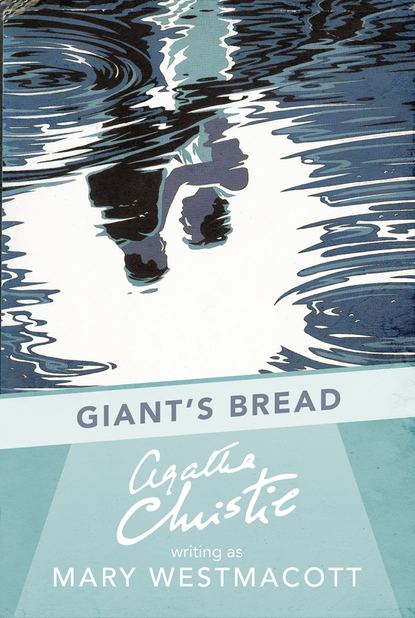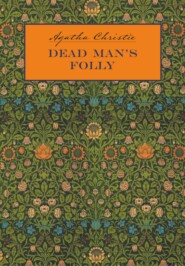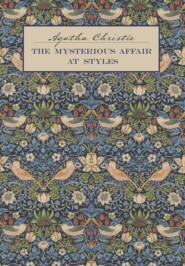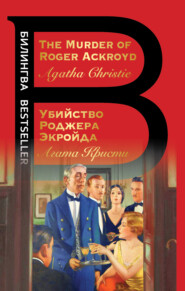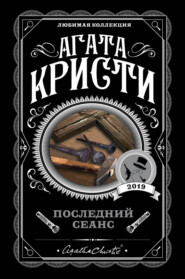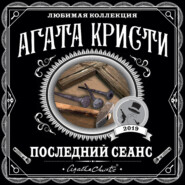По всем вопросам обращайтесь на: info@litportal.ru
(©) 2003-2024.
✖
Giant’s Bread
Автор
Год написания книги
2019
Настройки чтения
Размер шрифта
Высота строк
Поля
‘Oh, Mr Levinne, it’s simply too frightening for words! I shall dream of that horrid steel giant.’
‘Machinery as the Giant that devours, eh? Not far wrong, Levinne. We want to get back to Nature. Who’s Groen? A Russian?’
‘Yes, who’s Groen? He’s a genius whoever he is. The Bolshevists can boast they’ve produced one composer at last.’
‘Too bad, Levinne, you’ve gone Bolshy. Collective Man. Collective Music too.’
‘Well, Levinne, good luck to you. Can’t say I like this damned caterwauling they call music nowadays, but it’s a good show.’
Almost last came a little old man, slightly bent, with one shoulder higher than the other. He said with a very distinct utterance:
‘Like to give me a drink, Sebastian?’
Levinne nodded. This little old man was Carl Bowerman, the most distinguished of English musical critics. They went together to Levinne’s own sanctum.
In Levinne’s room they settled down in two arm-chairs. Levinne provided his guest with a whisky and soda. Then he looked across at him inquiringly. He was anxious for this man’s verdict.
‘Well?’
Bowerman did not reply for a minute or two. At last he said slowly:
‘I am an old man. There are things in which I take pleasure—there are other things—such as the music of today—which do not give me pleasure. But all the same I know Genius when I meet it. There are a hundred charlatans—a hundred breakers down of tradition who think that by doing so they have accomplished something wonderful. And there is the hundred and first—a creator, a man who steps boldly into the future—’
He paused, then went on.
‘Yes, I know genius when I meet it. I may not like it—but I recognize it. Groen, whoever he is, has genius … The music of tomorrow …’
Again he paused, and again Levinne did not interrupt, but waited.
‘I don’t know whether your venture will succeed or fail. I think succeed—but that will be mainly because of your personality. You have the art of forcing the public to accept what you want them to accept. You have a talent for success. You’ve made a mystery about Groen—part of your press campaign, I suppose.’
He looked at Sebastian keenly.
‘I don’t want to interfere with your press campaign, but tell me one thing—Groen’s an Englishman, isn’t he?’
‘Yes. How did you know, Bowerman?’
‘Nationality in music is unmistakable. He has studied in the Russian Revolutionary school, yes—but—well, as I said, nationality is unmistakable. There have been pioneers before him—people who have tried tentatively the things he has accomplished. We’ve had our English school—Holst, Vaughan Williams, Arnold Bax. All over the world musicians have been drawing nearer to the new ideal—the Absolute in Music. This man is the direct successor of that boy who was killed in the war, what was his name? Deyre—Vernon Deyre—He had promise.’ He sighed. ‘I wonder, Levinne, how much we lost through the war.’
‘It’s difficult to say, sir.’
‘It doesn’t bear thinking of. No, it doesn’t bear thinking of.’ He rose. ‘I mustn’t keep you. You’ve a lot to do, I know.’ A faint smile showed on his face. ‘The Giant! You and Groen have your little joke all to yourselves, I fancy. Everyone takes it for granted the Giant is the Moloch of Machinery—They don’t see that the real Giant is that pigmy figure—man. The individualist who endures through Stone and Iron and who though civilizations crumble and die, fights his way through yet another Glacial Age to rise in a new civilization of which we do not dream …’
His smile broadened.
‘As I grow older I am more and more convinced that there is nothing so pathetic, so ridiculous, so absurd, and so absolutely wonderful as Man—’
He paused by the doorway, his hand on the knob.
‘One wonders,’ he said, ‘what has gone to the making of a thing like the Giant? What produces it? What feeds it? Heredity shapes the instrument—environment polishes and rounds it off—sex wakens it … But there’s more than that. There’s its food.
‘Fee, fie, fo fum,
I smell the blood of mortal man
Be he alive or be he dead
I’ll grind his bones to make my bread.
A cruel giant, genius, Levinne! A monster feeding on flesh and blood. I know nothing about Groen, yet I’d swear that he’s fed his Giant with his own flesh and blood and perhaps the flesh and blood of others too … Their bones ground to make the Giant’s bread …
‘I’m an old man, Levinne. I have my fancies. We’ve seen the end tonight—I’d like to know the beginning.’
‘Heredity—environment—sex,’ said Levinne slowly.
‘Yes. Just that. Not that I have any hopes of your telling me.’
‘You think I—know?’
‘I’m sure you know.’
There was a silence.
‘Yes,’ said Levinne at last, ‘I do know. I would tell you the whole story if I could—but I cannot. There are reasons …’
He repeated slowly: ‘There are reasons …’
‘A pity. It would have been interesting.’
‘I wonder …’
BOOK I (#ulink_aa92d31c-1aa8-57bd-859a-d4cdc0b55f53)
CHAPTER 1 (#ulink_64a3bc18-2afc-57fa-9109-42ebb2c9be72)
There were only three people of real importance in Vernon’s world: Nurse, God and Mr Green.
There were, of course, the nursemaids. Winnie, the present one, and behind her Jane and Annie and Sarah and Gladys. Those were all the ones that Vernon could remember, but there were lots more. Nursery maids never stayed long because they couldn’t get on with Nurse. They hardly counted in Vernon’s world.
There was also a kind of twin deity called Mummy-Daddy mentioned by Vernon in his prayers and also connected with going down to dessert. They were shadowy figures, rather beautiful and wonderful—especially Mummy—but they again did not belong to the real world—Vernon’s world.
The things in Vernon’s world were very real indeed. There was the drugget on the nursery floor, for instance. It was of green and white stripes and rather scrubbly to bare knees and in one corner of it was a hole which Vernon used surreptitiously to make bigger by working his fingers round in it. There were the nursery walls where mauve irises twined themselves interminably upwards round a pattern that was sometimes diamonds and sometimes, if you looked at it long enough, crosses. That seemed very interesting to Vernon and rather magical.
There was a rocking horse against one wall, but Vernon seldom rode on it. There was a basket-work engine and some basket-work trucks which he played with a good deal. There was a low cupboard full of more or less dilapidated toys. On an upper shelf were the more delectable contents that you played with on a wet day or when Nurse was in an unusually good temper. The Paint Box was there and the Real Camel Hair Brushes and a heap of illustrated papers for Cutting Out. In fact, all the things that Nurse said were ‘that messy she couldn’t abear them about’. In other words, the best things.
And in the centre of this realistic nursery universe, dominating everything, was Nurse herself. Person No. 1 of Vernon’s Trinity. Very big and broad, very starched and crackling. Omniscient and omnipotent. You couldn’t get the better of Nurse. She knew better than little boys. She frequently said so. Her whole lifetime had been spent looking after little boys (and incidentally little girls too, but Vernon was not interested in them) and one and all they had grown up to be a Credit to her. She said so and Vernon believed her. He had no doubt that he also would grow up to be a Credit to her, though sometimes it didn’t seem likely. There was something awe-inspiring about Nurse, but at the same time infinitely comfortable. She knew the answer to everything. For instance, Vernon propounded the riddle about the diamonds and the crosses on the wallpaper.
‘Ah, well!’ said Nurse, ‘there’s two ways of looking at everything. You must have heard that.’





